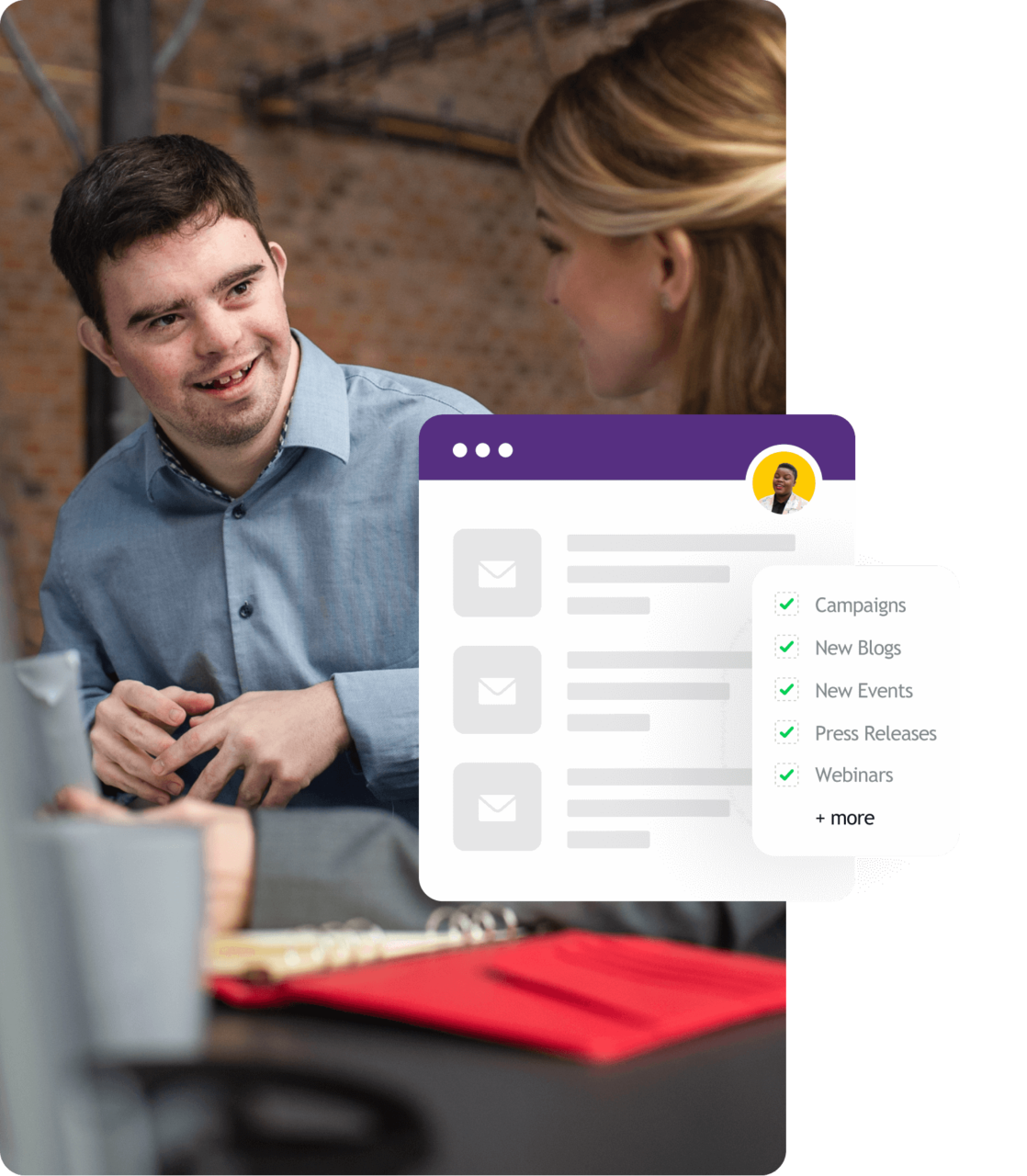Dear fellow advocates, allies, and members of our community,
I write to you today in reflection and response to a matter that is deeply personal to me and central to the mission many of us carry forward every day.
On April 16, 2025, Robert F. Kennedy Jr., the newly appointed Director of the Department of Health and Human Services, held a public press conference highlighting the most recent findings on Autism Spectrum Disorder (ASD) as reported by the Centers for Disease Control and Prevention (CDC). While any effort to raise awareness and improve research surrounding autism is appreciated, the framing and implications of such messages must always be approached with care, accuracy, and a strong commitment to dignity and inclusion.
Why This Matters
As someone who is neurodivergent and closely connected to the disability community, I know firsthand how powerful—and at times, painful—public narratives about autism can be. While statistics and studies are important tools, how we talk about autism matters just as much as what we say. Narratives that frame autism primarily as a public health crisis, or use fear-based language, risk dehumanizing the very people they claim to support.
It’s crucial to remember that autistic people are not problems to be solved or anomalies to be explained. We are people—full of complexity, strengths, challenges, and the right to self-determination.
Points of Caution
The framing of autism research must be done responsibly and inclusively. Some concerns that arise from the press conference include:
- Over-pathologizing autism without acknowledging the diversity of the spectrum and the lived experiences of autistic individuals.
- Relying on outdated, deficit-based models of understanding rather than embracing neurodiversity as a natural part of human variation.
- Failing to center the voices of autistic individuals in discussions that directly affect their lives and public perception.
A Better Way Forward
As a disability advocate, I call upon leadership—both in government and beyond—to shift how we talk about autism and related developmental disabilities. We must move toward a model that is:
- Person-centered, recognizing that autism is experienced in unique ways by each individual.
- Strengths-based, acknowledging the value, skills, and contributions of autistic people across all areas of life.
- Collaborative, ensuring that policies, research, and public communications are co-created with autistic individuals and their families—not simply about them.
Now more than ever, we must hold our public officials accountable—not just for what they say, but how they say it. I encourage you all to:
- Stay informed by reading full CDC reports and statements—not just headlines or summaries.
- Share your lived experiences and insights with decision-makers.
- Support organizations that promote neurodiversity and disability justice.
- Continue to uplift and center autistic voices in every room where decisions are being made.
Let this be an opportunity not for division, but for education, elevation, and inclusion. Let’s ensure that the national conversation around autism reflects the dignity, complexity, and humanity of the people it affects.
In solidarity,
Ian Allan
Self-Disability Advocate for The Arc of Northern Virginia Response

